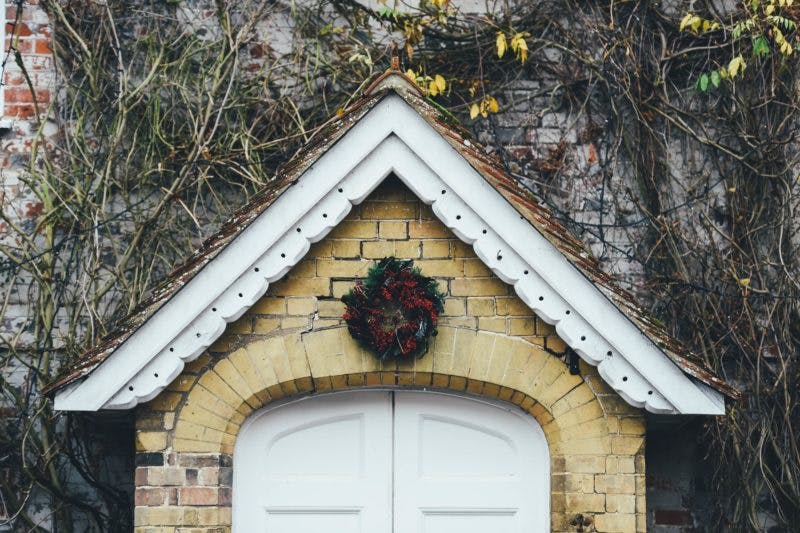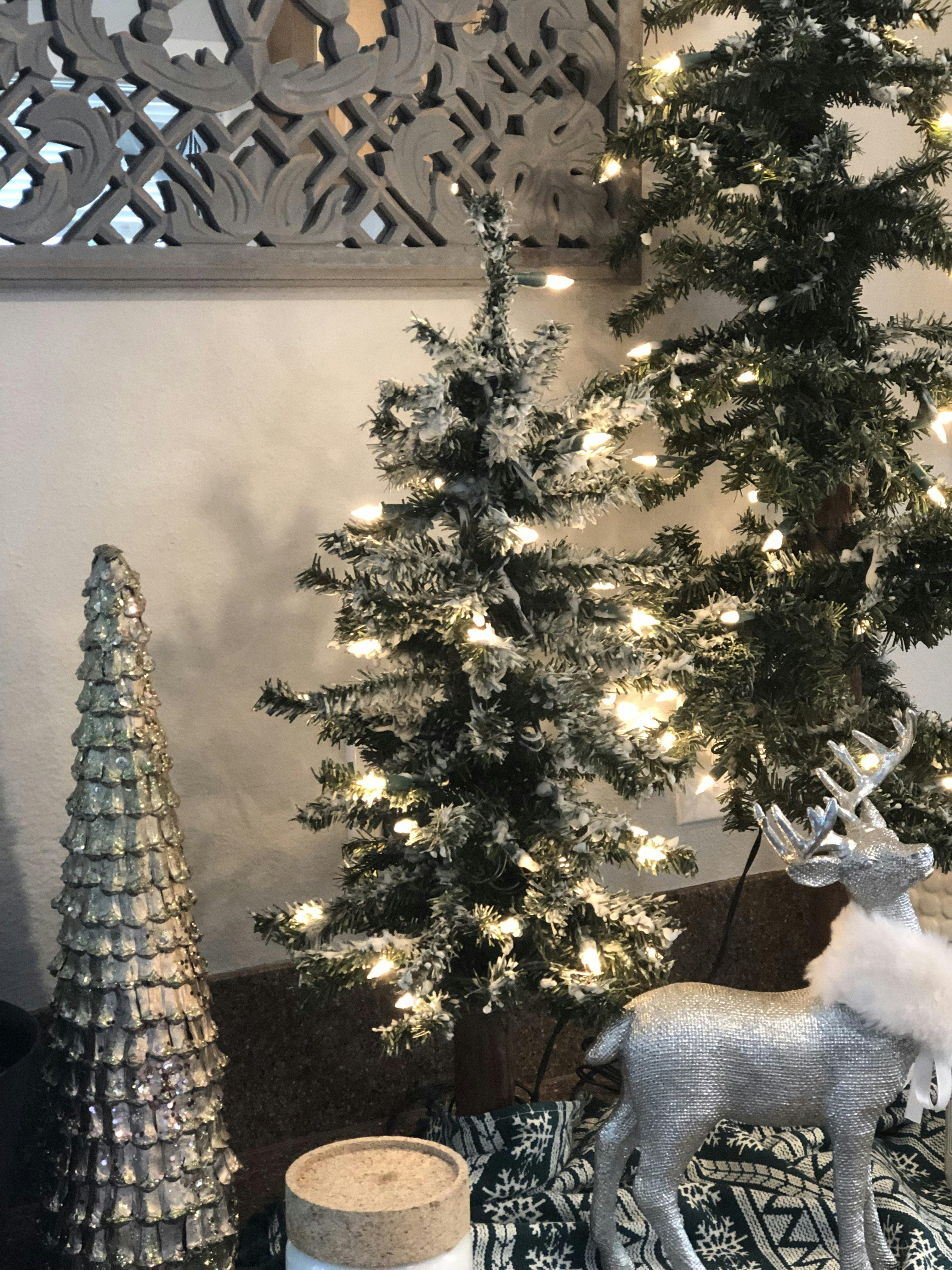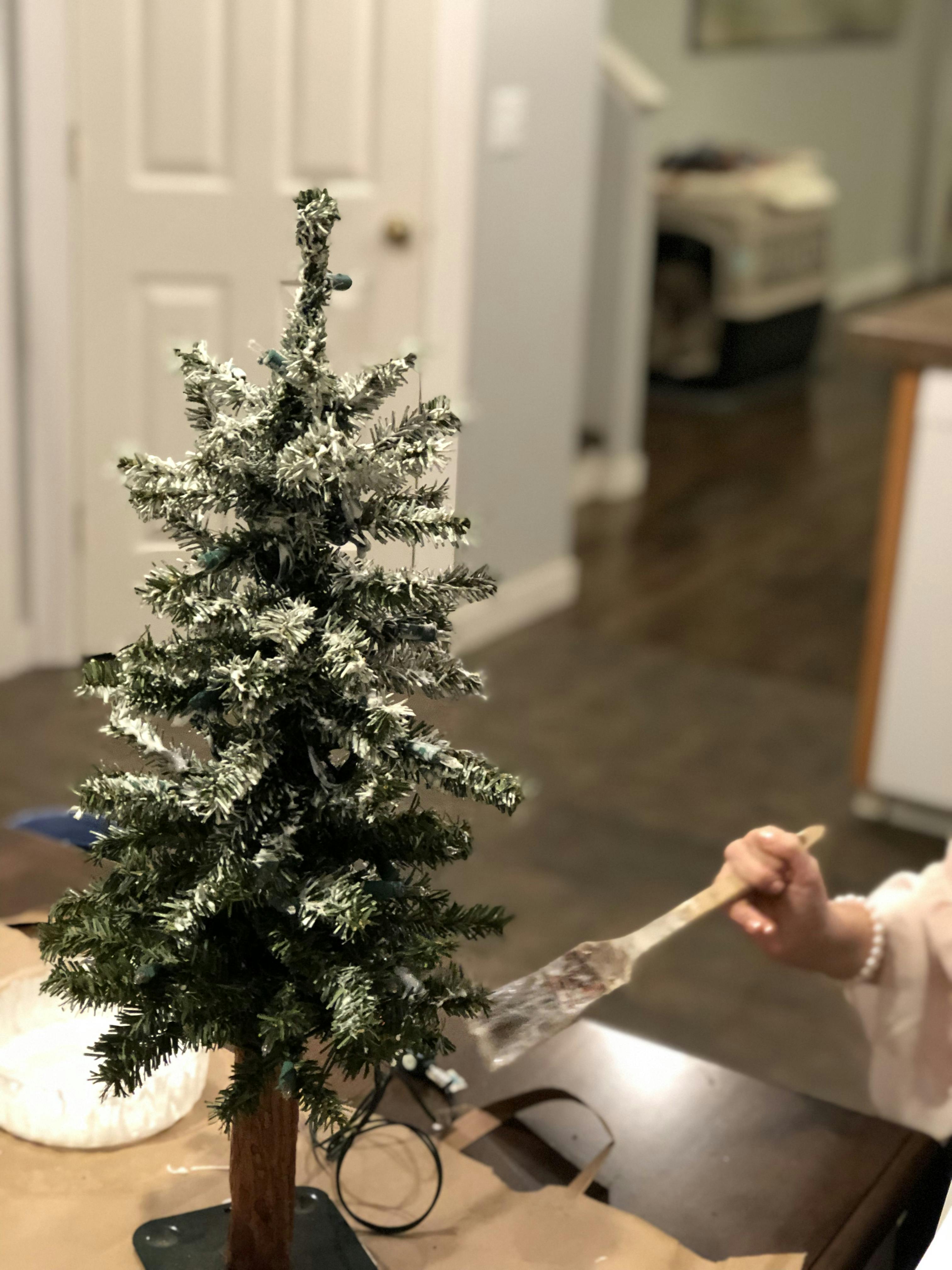Carbon Monoxide: CO is a colorless, almost odorless, and tasteless gas which is present during any type of burning. This includes wood stoves, gas furnaces, wood burning fireplaces, generators, and vehicle emissions. When inhaled, it depletes the oxygen supply in the blood stream. Symptoms of CO poisoning include lightheadedness, dizziness, headaches, nausea, vomiting, seizures, decreased levels of consciousness, and in extreme cases, death.
- You can be proactive and protect yourselves by following these simple steps:
- Have all CO producing devices in the home inspected by a professional.
- Never bring barbecues or running generators into or too close to a home.
- Purchase and install carbon monoxide alarms in your home.
- If you or someone in your home is complaining of the symptoms listed above or your CO alarm activates, leave your residence immediately and call 9-1-1.
Smoke Alarms: Have working smoke alarms and know how to escape if they activate. Change the batteries annually and replace smoke alarms every ten years.
Electric heaters: Ensure that all portable space heaters and baseboard heaters have at least three feet of clearance around them to prevent fires. Keep all combustibles such as curtains, bedding, and clothing away. Purchase heaters that have an auto-shutoff feature when tipped over.
Cooking: Whenever you are cooking, “keep an eye on what you fry.” Never leave the kitchen when cooking and always keep pan lids handy. If a pan catches fire, simply place the matching lid on the pan while wearing an oven mitt. Once the lid is on, turn off the burner and call 9-1-1. To reduce injuries, create a “kid free” zone in front of your stove and oven.
Candles: During the holidays and power outages candles are commonly used for decoration and light. Use them wisely. Place candles in a non-tipping base and set them where they cannot be easily knocked over by children, pets, or breezes. Always keep candles away from combustibles such as drapes, bedding, clothing, holiday decorations, and Christmas trees. Lastly, “when you go out – blow it out.” Never leave candles burning when you leave the room.
Decoration: Keep paper or other flammable decorations away from heat sources. Ensure breakable decorations such as tree ornaments are kept out of the reach of children and pets. Make sure all holiday lights, extension cords, and other electrical devices have the UL seal of approval. Never overload extension cords or create an extension cord “octopus”.






